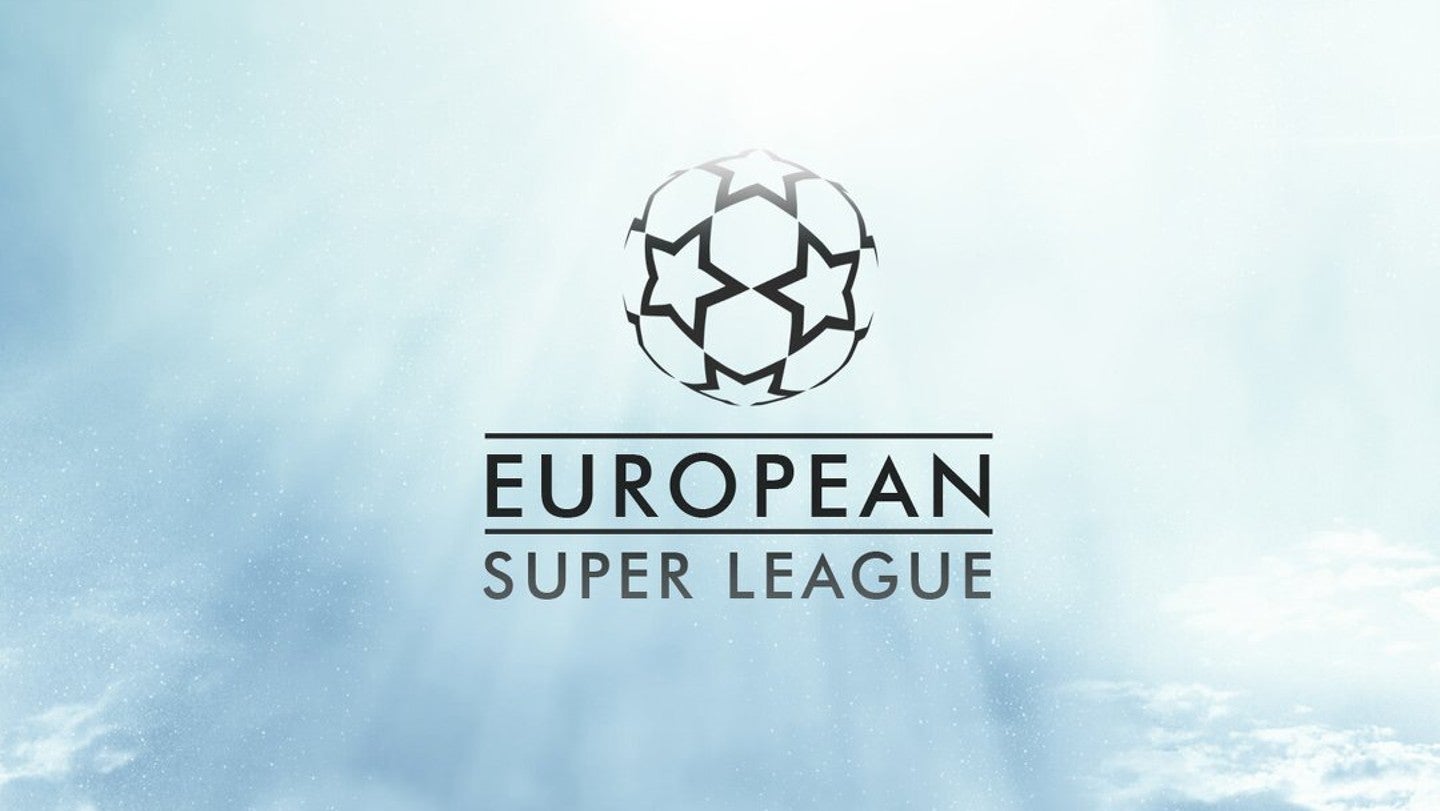
A22 Sports Management, the firm in charge of re-animating the divisive European Super League (ESL) project, has outlined what its updated version of the competition would look like, after today’s landmark ruling by the European Court of Justice (ECJ).
The proposal for the new version of the breakaway ESL features 64 men’s clubs competing across three tiers, 32 women’s sides across two tiers, and fans being able to watch games for free on a live streaming platform.
A22 has published these new proposals – which differ in several respects from the original ESL plan (which collapsed after only a few days) from April 2021 – following the ECJ’s ruling that UEFA and FIFA (soccer’s European and global governing bodies) essentially may not lawfully ban clubs from joining breakaway leagues.
For the online viewing platform, A22 has said it wants to “launch the world’s leading direct-to-fan sports streaming platform,” called Unify.
The platform will also, apparently, offer highlights, match insights, and analysis, as well as club-specific content and interactive features.
Both men’s and women’s competitions will have games distributed free, A22 has claimed.
However, there will also be a subscription tier – for those who "prefer to view matches with minimal advertising while enjoying advanced features."
Revenue would be gathered through these premium subscriptions, advertising, distribution partnerships – which A22 has said will be key – as well as sponsorship income and interactive services.
The competition that the ESL’s men’s structure would essentially aim to replace, the UEFA Champions League (UCL), is not made available globally via one, worldwide, streaming platform, and in many countries is not available for free at all.
While UEFA does have its own UEFA.tv service, this does not provide live and global UCL action.
Indeed, broadcast rights income from a range of major pay-TV broadcasters worldwide forms a very large of UEFA's annual revenues.
Bernd Reichart, chief executive of A22, has said on this front: “The current fan experience with multiple TV subscriptions is becoming prohibitively expensive and needs fresh thinking … We want to take this powerful and amazing competition to fans around the world in a way that provides easy access to the best matches and an unrivaled, cutting-edge fan experience.
The new proposal for the format of the ESL, meanwhile, crucially outlines an annual promotion and relegation system, with the lack of those aspects one of the key issues in the public unhappiness about the original ESL plan two and a half years ago.
However, in terms of other details, no specific clubs or prize money levels have been included in A22’s plans. The original ESL featured 12 breakaway clubs who put their names to the original proposal – six from England’s Premier League, three from the Spanish LaLiga, and the remaining trio from Serie A in Italy. However, it had envisioned a total number of member clubs of 20 – with 15 of those qualifying by right.
The three men’s tiers would be named – from top to bottom – the Star League, the Gold League, and the Blue League.
The top two tiers would contain 16 sides each, and the bottom one would feature 32 sides. From the latter tier, 20 of the 32 would be relegated each season, and the 20 top-performing clubs from European domestic leagues would replace them.
Crucially, games would be played in midweek, meaning that – at least theoretically – the clubs could still take part in domestic leagues.
The ruling this morning by the Grand Chamber of the ECJ found that UEFA and FIFA’s rules “making any new interclub football project subject to their prior approval, such as the Super League, and prohibiting clubs and players from playing in those competitions, are unlawful.
“There is no framework for the FIFA and UEFA rules ensuring that they are transparent, objective, non-discriminatory, and proportionate. Similarly, the rules giving FIFA and UEFA exclusive control over the commercial exploitation of the rights related to those competitions are such as to restrict competition, given their importance for the media, consumers, and television viewers in the European Union.”
Reaction from European soccer’s various stakeholders – clubs, leagues, and governing bodies – is now pouring in, with the majority of it currently negative towards the concept (as it was overwhelmingly in April 2021).



